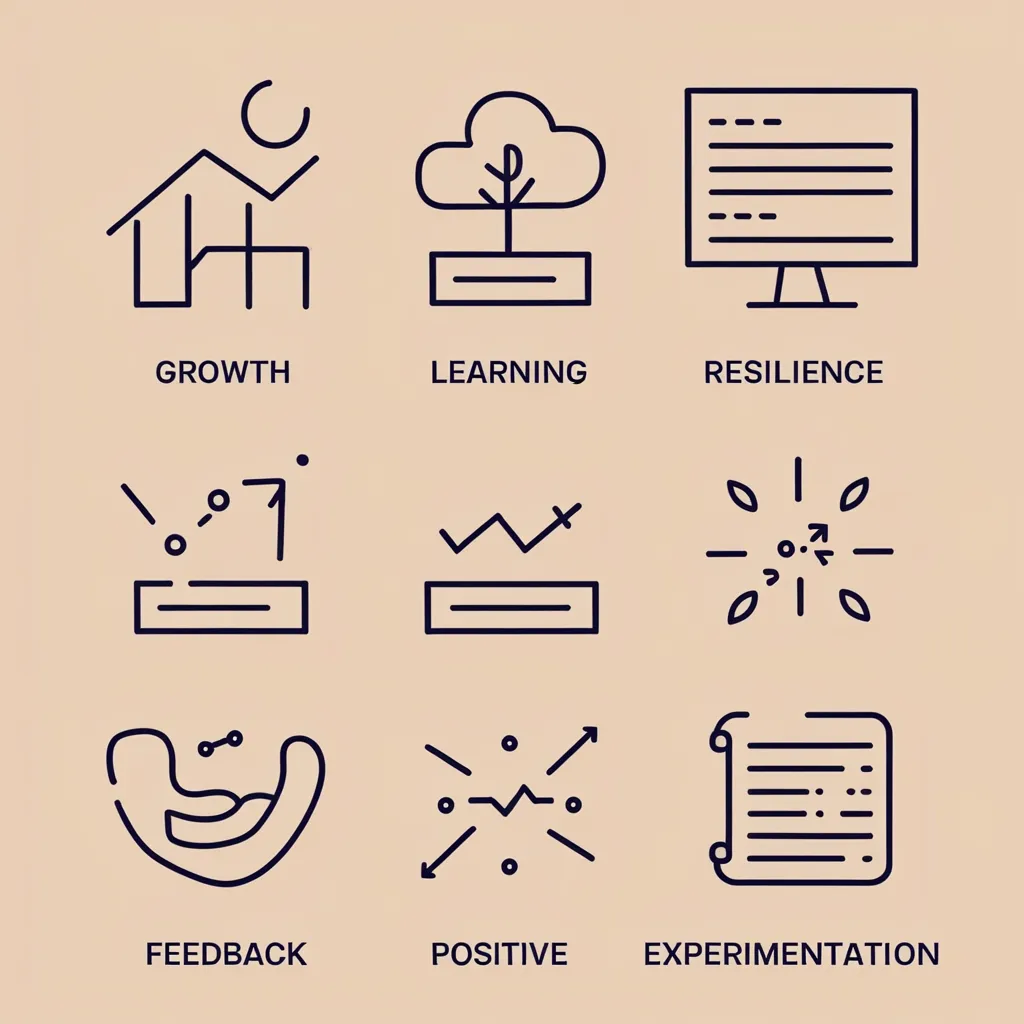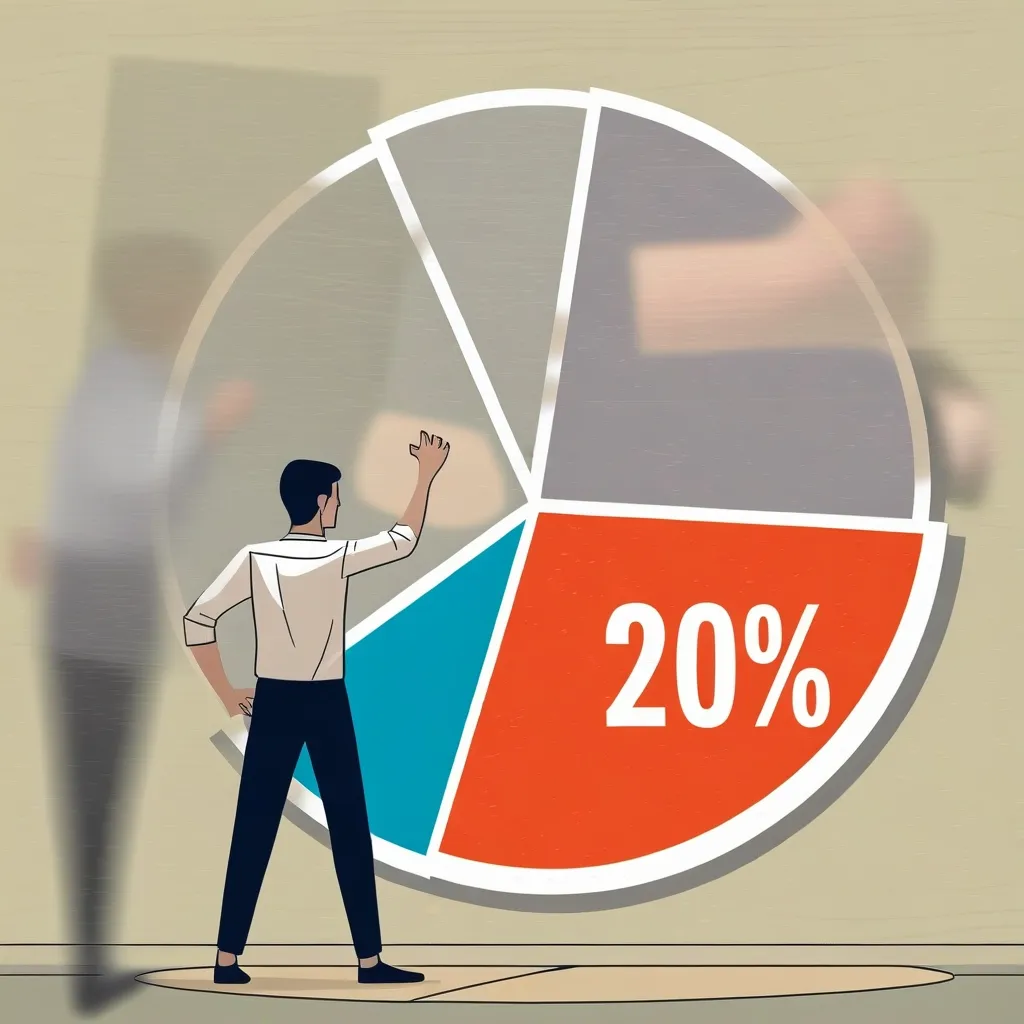Embracing Failure: The Key to Refining Your Productivity Process
Failure often gets a bad rap. Most of us see it as a dark cloud hanging over our efforts, signaling gloom and doom. But guess what? Failure can actually be your best friend. When you reflect on your missteps and learn from them, you can seriously up your game. It’s all about using those stumbles to shape your productivity and hit those goals you’ve been aiming for.
The Importance of Failure in Learning
Failure isn’t just some dreaded consequence of taking risks; it’s actually essential for learning. Think of it as a test run where you get to try out different strategies and adjust them based on outcomes. Sounds a lot like a science experiment, right? Take Thomas Edison, for example. He went through thousands of attempts to invent the light bulb, each one teaching him what didn’t work, until—bam!—he found what did. So instead of dreading it, see failure as part of your journey to success.
Reframing Failure as a Learning Experience
Don’t take failure too personally. It’s not a reflection of your skills or abilities. Rather, it’s an opportunity for growth. When a project goes sideways, sit down and figure out why things didn’t work out. This kind of reflection helps you fine-tune your approach for next time. It’s not about getting it perfect the first time; it’s about getting it right eventually, even if it takes a couple of tries.
Developing Resilience
Resilience is the secret sauce to bouncing back from failure. It’s all about mustering the grit to keep moving forward despite setbacks. Building resilience involves taking care of yourself, maintaining a positive outlook, and focusing on your strengths. Spend time on activities that help you unwind and recharge. Surround yourself with supportive people who can offer encouragement. This helps keep your spirits high, even when things aren’t going as planned.
Analyzing and Reflecting on Failures
To make the most of failure, dive deep into what went wrong. Break it down. Ask your team questions like “What did we learn?” and “What’s the next step to get us closer to our goals?” This kind of digging helps you mine valuable lessons that can be applied to future projects. Tools like the 5 Whys or fault tree analysis can be real lifesavers in helping you get to the root cause and avoid similar pitfalls next time.
Seeking Feedback and Perspective
Don’t shy away from feedback. Different perspectives offer invaluable insights and can help you see what you might be missing. Constructive criticism is a goldmine for growth. Reflect on the feedback you get and use it to tweak and improve your approach. This open-mindedness can really lift your productivity.
Iterating and Experimenting
Look at failure as your personal research lab. It’s where you get to experiment and iterate until you find what works best for you. Embrace the mantra “Fail fast, fail small, learn, and move on.” Validate your ideas early and use those initial tests to refine and perfect your approach before you go big. It’s a game-changer, especially in fields like software development.
Celebrating Progress Over Perfection
Aim for progress, not perfection. Celebrate the small wins and milestones. Every little bit of progress is a step forward in your growth journey. This shift in mindset keeps you motivated and upbeat, even when you hit a snag. Remember, failure doesn’t define you; it’s just a part of your learning process.
Building a Supportive Environment
Creating a supportive environment is key. You want a space where people feel safe discussing their failures without fear of judgement. This fosters open communication and helps everyone learn collectively. When failures are treated as learning opportunities, teams become stronger together.
Practical Tips for Learning from Failure
Reflect and analyze your missteps. Understand what went wrong and how you can learn from it. Use that knowledge to enhance your future efforts. Seek feedback from others; their insights can help you see where improvements can be made. Treat each failure as a stepping stone, fuel for iteration and experimentation.
Stay positive and resilient. A positive attitude makes it easier to navigate through setbacks. Keep in mind that failure is not a verdict on your worth or abilities; it’s simply a part of the journey toward mastering your craft.
Embracing Mistakes in the Creative Process
In the creative world, mistakes can be magical. They often lead to unexpected breakthroughs and innovations. When you take risks and step out of your comfort zone, you’re more likely to stumble upon new ideas and solutions. Every mistake becomes an opportunity to learn and evolve creatively.
Overcoming Fear of Failure
Fear of failure can be crippling. It stops you from taking risks and seizing opportunities. Cultivating a growth mindset is crucial here. Believe in your ability to learn and grow from failures. This confidence transforms setbacks into mere stepping stones on your path to success. Taking care of yourself and leaning on a supportive network also helps build the resilience you need to face failure head-on.
Constant Reflection and Improvement
The world keeps changing, and so should your approach. Build reflection into your decision-making process. Pause from time to time to reassess your plans based on what you’ve learned from past mistakes. This ongoing cycle of reflection ensures you’re always improving.
Turning Setbacks into Opportunities
When things go wrong, it’s easy to feel defeated. Instead of seeing mistakes as failures, view them as chances to improve. This mindset keeps you positive and motivated. Remember, the most successful people and teams are those who learn from their setbacks and use those lessons to achieve even greater successes.
Conclusion
Learning from failure is crucial for personal and professional growth. Reflecting on mistakes and understanding what went wrong can help you refine your productivity processes. Embrace a growth mindset, build resilience, and foster a supportive environment where failure is seen as a learning opportunity. Failure isn’t the end; it’s just a chapter in your success story. Next time you hit a bump in the road, take a moment to reflect, learn, and charge forward with renewed energy and insight.






